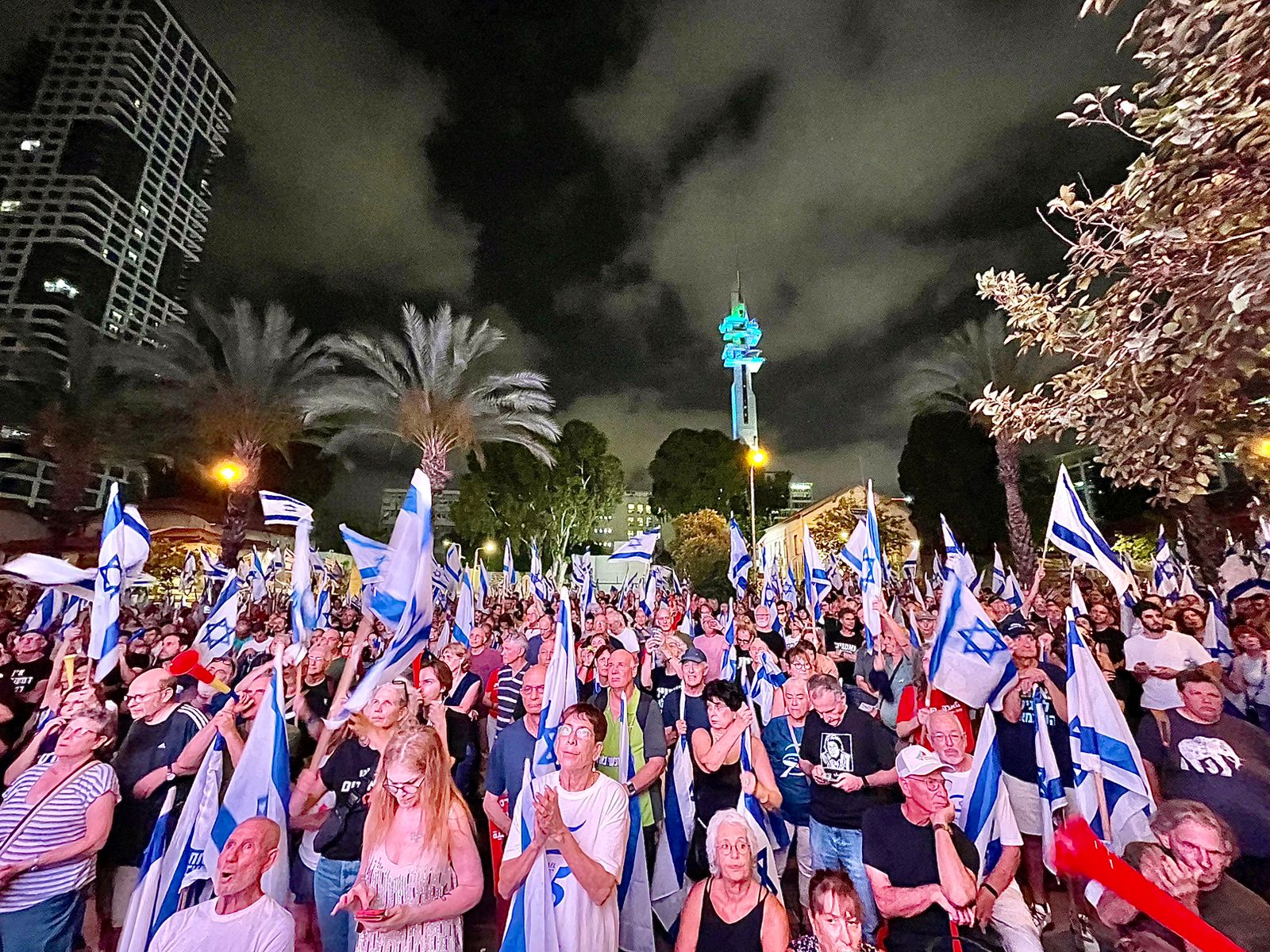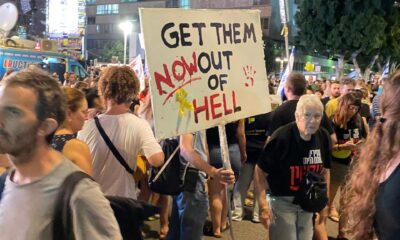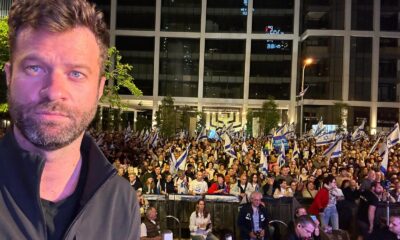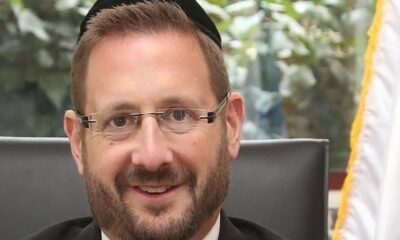
OpEds

Israelis call for reasonableness as reform ignites protest
Tens of thousands of Israelis took to the streets on Tuesday, 11 July, for a “day of resilience”, but some called it a “day of disruption”.
In cities across the country, bearing the blue and white flag of the state of Israel, many of the country’s citizens started early in the morning along major highways and intersections. In spite of requests not to block the roads, major highways, and arteries between Modiin and Jerusalem, Tel Aviv, Herzlia, Netanya, and Haifa were congested.
The catalyst for the “day of resilience” protests was the proposal to overhaul the “Reasonableness Law”. Essentially, this law is an amendment to the Basic Law, which applies a “reasonableness standard” to decisions made by government officials.
Many Israelis are concerned that removing judicial scrutiny from government officials, which essentially is what the overhaul proposes, means that there’s no protection from potential corruption and no assurances of protection of individuals from harmful and, some would say, capricious government decisions. Supporters say overhauling the Reasonableness Law prevents the Supreme Court from subverting policy with its own views.
Israel has no official Constitution, and the Basic Law enshrines individual and civil rights. The first reading of the reform of the Reasonableness Law passed on Monday 10 July in a vote of 64-56.
Israel’s National Union (Histadrut) decided to stay out of the protests, preferring to advocate for negotiations for broad-based consensus. By 11:00, protesters had gathered outside its Tel Aviv quarters. Addressing the crowd, Histadrut Chairperson Arnon Bar-David addressed Prime Minister Benjamin Netanyahu: “Stop the crazy chaos in Israeli society as soon as possible. The ball is in your court. When the situation reaches an extreme and all other paths have been taken, we will intervene and use our power. Shutting down the economy isn’t a game.”
Protests gathered momentum throughout the day, and there were reports of numerous clashes with police. One report included a protester allegedly being trampled by a horse, while others alleged that police had used force, grabbing some by the neck. Water cannons were used to disperse crowds in spite of an appeal from doctors earlier in the week to stop using them because the pressure and force of the water can cause serious injuries. Before the protests started, a photographer captured an image of a toddler placed on a blanket in the middle of a road in front of two buses. It created an uproar on social media.
Speaking to Israeli television, the photographer confirmed that the image was taken somewhere in Ramat Aviv before the demonstrations, in a side road that was closed. The bus drivers were having coffee and weren’t in the buses, he said, and a few people that meant to go to demonstrate just stood there and talked. No cars or people were on the road. The child’s parents put the child there as a joke, the photographer thinking it could be nice to start a day with a smile. It didn’t have the desired effect.
Protests against the overhaul spread to the military echelon as well, albeit not in the streets.
Reserve pilots meeting with the commander of the Israeli Air Force reportedly told him, “We swore to serve the kingdom, not the king,” according to an unsourced Channel 12 news report. Three hundred cybersecurity reservists threatened not to show up for duty, and issued a public letter saying, “Passing the law to cancel the reasonableness clause is the first step in the transformation of the state of Israel into a corrupt, backward, and weak state. Cyber capabilities that are sensitive and have the potential to be misused must not be entrusted to a criminal government that undermines the foundations of democracy.”
Ben Gurion Airport was the site of more than 10 000 protesters. Organisers said the airport was the symbol of a thriving democracy. Protesters thronged Terminal 3, and there were reports of clashes with police, who eventually stopped those gathering to protest from getting off the trains.
Protests continued into the night, and many gathered outside the United States consulate, calling for international pressure. The White House responded that the right to protest must be protected by the government, and called for broad-based consensus.
The protest movement shows no signs of abating. If anything, it’s gaining momentum. This Saturday night, Kaplan Street in Tel Aviv will be full, and similar protests will take place across other cities. Most Israelis hope broad-based consensus will be reached in the near future. This is a seminal moment in Israel’s history. Perhaps the time is right for a Constitution.
- Rolene Marks is a Middle East commentator often heard on radio and TV, and is the co-founder of Lay of the Land and the SA-Israel Policy Forum.











Mark L
July 19, 2023 at 6:42 am
Usual hard-left one-sidedness, presenting the aversion to the reforms as almost universal, with only one sentence explaining reasons for the reforms. There is also vast support for these changes, though many of those in favor don’t have the luxury of being able to take a day off work to cause havoc, burn stuff, and ruin other peoples’ days, I mean, engage in peaceful protest.